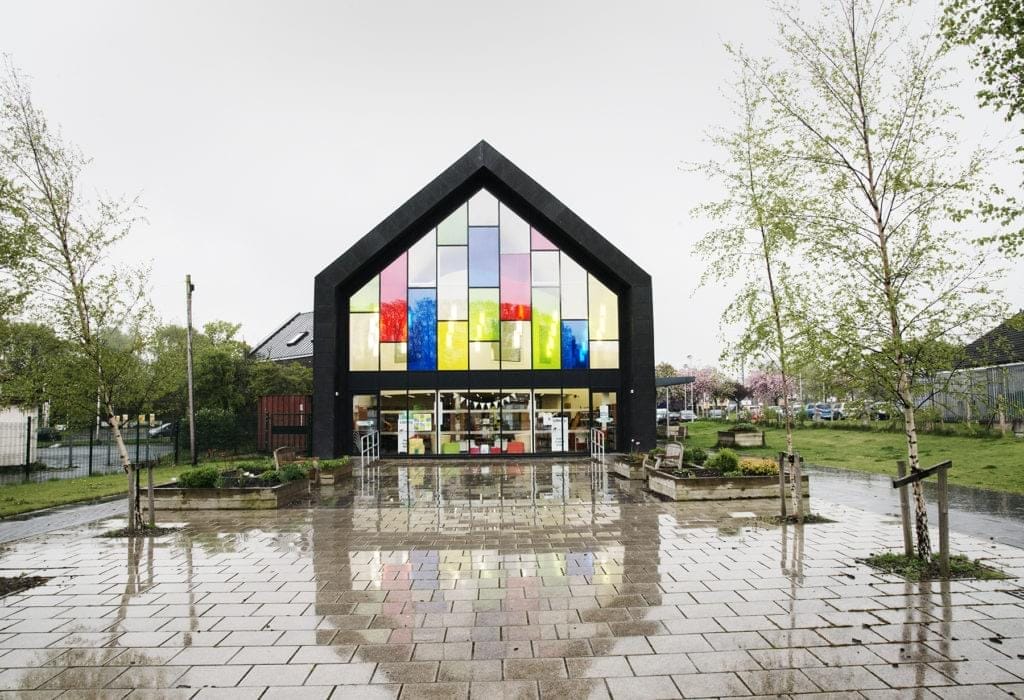12th June 2018, words by Joe Doran
Power is an abstract concept and many conversations start tentatively so I was particularly struck by the conversation we had with the students in a secondary school in Bristol recently. The students were able, and willing to explore a complex and intangible subject with enthusiasm, but I found myself remembering my old mate Ludwig Wittgenstein who said, (roughly) “the limits of my language are the limits of my world.”
It was watching some of the students struggling – and sometimes giving up when the words wouldn’t come – to articulate how, and what they were feeling. This reminded me of how much the role language plays in our thought process and ultimately our world.
If the boundaries of our language are expanded, does that correspond with the boundaries of our world?
Someone not having complex language skills does not mean that person is unable to have complex thoughts – but does it place limitations on what they can talk about or even who they feel they can and can’t talk with? What they want? How they ask for things? How they assert themselves?
I have, like many people, been told that I don’t talk about my feelings. Has this limited my relationships, my experiences, my world? If you add in emotive topics like power or love, is there a natural tendency for people to shut down or express how they feel if they lack a certain confidence in their language abilities? I’ve done that and so did some of the students.
What can this shut down lead to? With the students some of them disengaged as there was little at stake for them. But what if they were being asked something that could directly impact on what power they do or don’t have? What role would their linguistic ability have in how much power they have?
With these insights we have realised more and more the importance of exploring power through different participatory methods. Not just through words but through creative forms such as art, drama, games, large scale conversations on our feet, movement, silent debates and stories. The more ways people can participate in the power inquiry in ways that work for them, the richer the insights we will gather.
Is there a participatory method to explore power that you would recommend?
We’d love to hear your suggestions so if you could email communications@lankellychase.org.uk or jess@lankellychase.org.uk as I am off on paternity leave until the end of June!


Here’s a link to what we are learning through this Power action inquiry.


Comments (0)